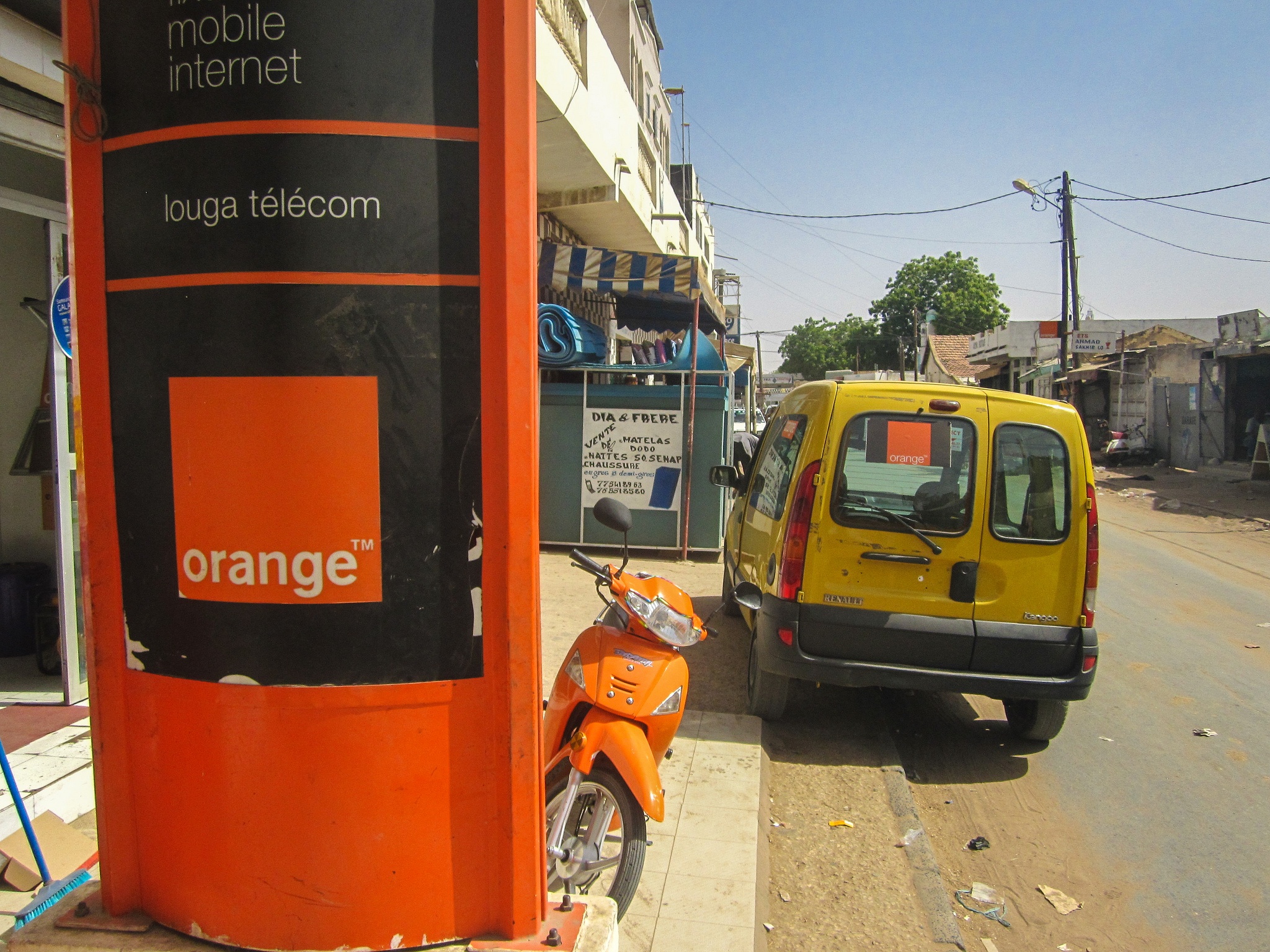A recent series of acquisitions will cement the position of Orange Group as the telco with the region’s widest footprint in Africa. In January 2016, the French group completed a deal to buy Bharti Airtel’s wireless businesses in Burkina Faso and Sierra Leone, which will be carried out in partnership with Orange’s existing subsidiaries in Cote d’Ivoire and Senegal.
These deals have been accompanied by the separate acquisition of Liberia’s second largest mobile provider by subscribers, Cellcom, which was completed in early April and an agreement to acquire Millicom’s operation in the Democratic Republic of Congo. When the buyouts are finalised, Orange will have expanded its African and Indian Ocean presence to 21 markets in total–including the French overseas territories of Reunion and Mayotte–up from just ten in 2004. The group has also recently announced a EUR75 million (USD85 million) investment in regional e-commerce provider, Africa Internet, which runs the popular Jumia internet shopping portal and a number of other online businesses.
It's an Orange World
In most of the African countries where it is active, Orange is the number one or two player, having followed a strategy of exiting markets where it cannot take a dominant position. For example, Orange sold its Ugandan subsidiary in 2014, after struggling to make an impact in a mobile market dominated by larger rivals MTN, Airtel and state-backed Uganda Telecom Ltd (UTL). The group is also keen to withdraw from markets where it feels there is too much government interference, and is in the process of selling off a 70% interest in Telkom Kenya. According to a company statement released to announce the sell-off in November 2015, the deal reflects "Orange’s constant focus on optimising its portfolio of assets." Orange is offloading its majority stake in Telkom Kenya to Helios Investment Partners, after a proposed sale to Vietnamese group Viettel fell through in November 2014.
African Telcos Country Presence (2010, 2016)
| 2010 | 2016 | |
| Orange | 19 | 21 |
| MTN | 16 | 17 |
| Airtel | 16 | 15 |
| Etisalat (incl. Maroc Telecom) | 11 | 13 |
| Vodafone/Vodacom | 8 | 9 |
| Millicom (Tigo) | 7 | 5 |
Orange Group’s closest rival in terms of an African footprint is South Africa-based MTN, which can now claim operations in 17 countries, including Botswana, Cameroon, Cote d’Ivoire and Liberia, where it competes directly with the French operator. Not far behind is Indian group Bharti Airtel, which retains coverage in 15 African markets following the sale to Orange of its subsidiaries in Burkina Faso and Sierra Leone. Meanwhile, UAE-based Etisalat upped its presence in Africa in May 2014 via the acquisition of Maroc Telecom, which included its assets in Morocco, Mali, Mauritania, Gabon and Burkina Faso. The combined Etisalat/Maroc Telecom business now covers 13 African countries. Other regional players include Vodafone and Vodacom, which are active in nine countries between them, and Millicom, which operates in six markets. Viettel of Vietnam is another international investor which is looking to improve on its current total of four sub-Saharan operations.
Africa will be the fastest growing region in terms of mobile subscribers between 2014 through 2020.
In a region which is home to more than 1.1 billion people, a cellular subscriber total of around 940 million means there is still some room for growth, given that a significant proportion of users have registered more than one SIM card. Indeed, the GlobalComms Forecast Service predicts average annual mobile user growth of around 5% to 2020, which makes it the fastest growing region worldwide. With 3G and 4G mobile data usage also expanding swiftly, Orange and its regional rivals will be eager to maintain their African presence. As just one example of this, MTN Group has proven so keen to remain active in Nigeria that in February 2016, it handed the government a NGN50 billion (nearly USD250 million) ‘good faith’ installment of a fine for infringements of SIM card registration regulations, with the total penalty still pending further negotiations but likely to be in the billions of dollars. Orange Group’s Africa and Middle East division–which includes businesses in Iraq and Jordan, as well as Africa–brought in revenues of EUR4.9 billion in full year 2015, up 5.1% year-on-year, and claimed 110 million consolidated subscribers by the year's end. The operator will be looking for its recent acquisitions to boost growth further in 2016, in what has become one of its most important regional markets.
Pete Bell
Pete Bell is a Research Analyst for TeleGeography’s GlobalComms Database and also contributes to the daily CommsUpdate newsletter. He has a particular interest in wireless broadband and was responsible for TeleGeography’s 4G Research Service until it was integrated into GlobalComms.


